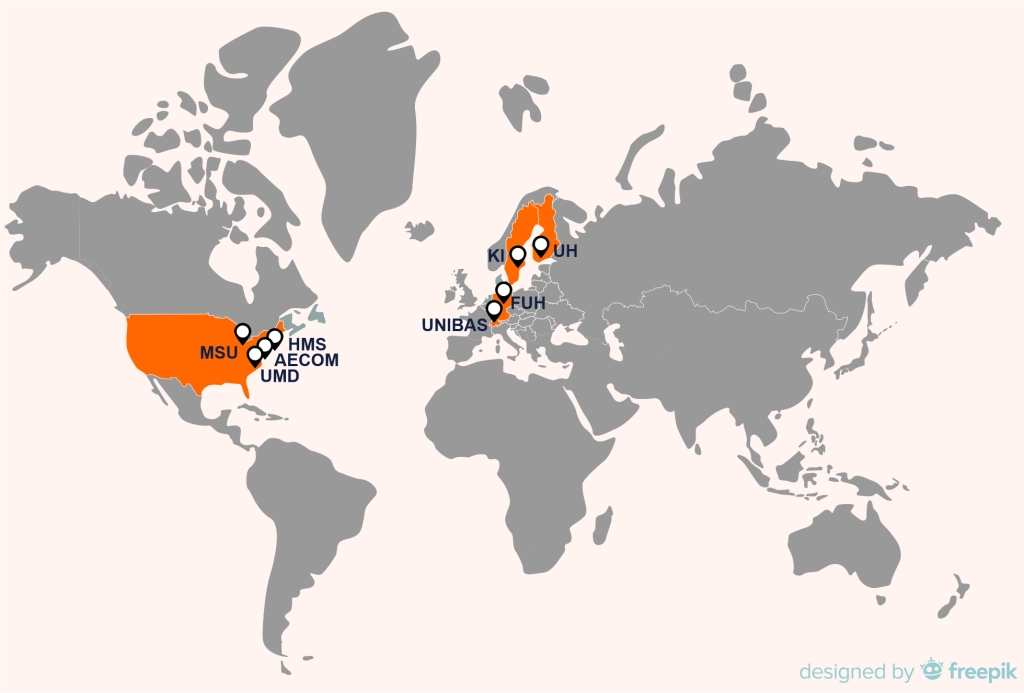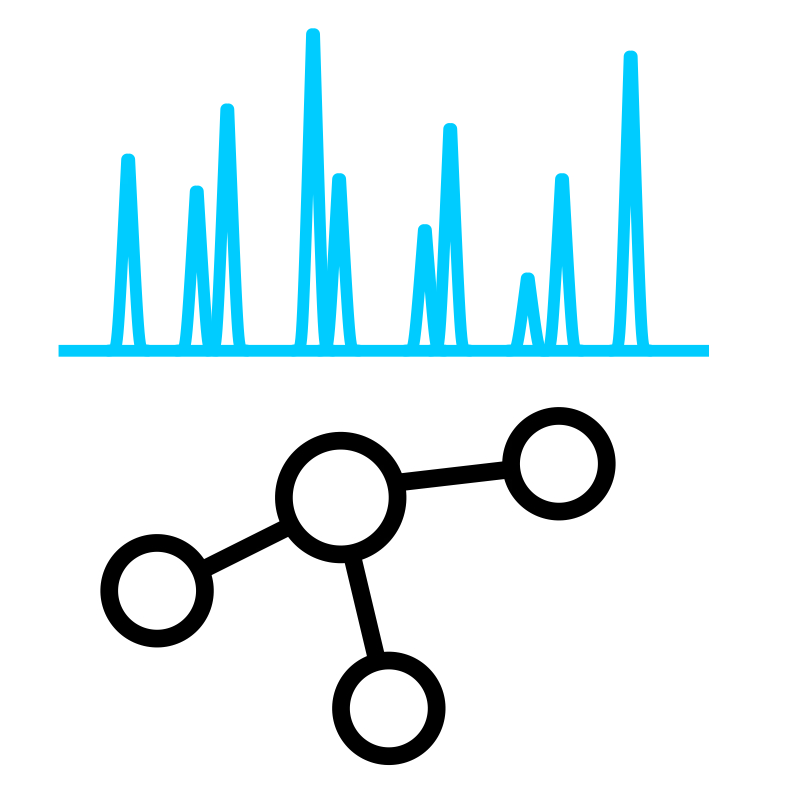Targeting cancer metabolism
We have developed unique proteomics tools to study “metabolite-protein interactions” in health and disease. Being a hallmark of cancer, dysregulated cellular metabolism has been/is a viable target for developing anticancer therapeutics. We aim to identify metabolic vulnerabilities in cancer and to develop therapeutic strategies, with a special focus on colon and liver cancers.
Next generation microbio-mimetic therapeutics
We study the complex interplay between colon cancer cells, intracellular metabolites, microbiome and microbial metabolites in the gut using a data-driven approach. Our aim is to identify metabolic vulnerabilities that can be exploited for developing novel drugs and therapeutic strategies against colon cancer and potentially other metabolic disorders. Our target selection approaches can be used to stratify patients and are therefore suited for precision medicine. We work at the intersection of multiple disciplines including proteomics, metabolomics, rRNA sequencing, cell biology (e.g. CRISPR-Cas9), biochemistry and biophysics (e.g. NMR, Cryo-EM, DSF and ITC) and validate our results in relevant in vitro and in vivo model systems and patient material.

We are aiming to develop novel modalities including small molecule drugs targeting host proteins as well as antibiotics and precision probiotics targeting microbiota, against colon cancer and other diseases of clinical importance. Target prioritization through crunching data is thus essential. We combine in-house data with those from patients and model systems to identify druggable targets based on our robust target ranking strategies (Redox Biology 2020, BioRxiv 2023). The lab is adept in employing sophisticated algorithms such as orthogonal partial least square modeling for target identification (Nature Communications 2019 and 2021, Biosensors and Bioelectronics 2023).

Development of novel proteomics tools
The propelling engine for our studies is chemical proteomics that can be used for studying the interaction of molecular entities with proteins. We have developed multiple techniques and methodologies including Proteome Integral Solubility Alteration (PISA) assay (JPR 2019, Nature Communications 2021a), ProTargetMiner (Nature Communications 2019), and SIESTA (Nature Communications 2021b, BioRxiv 2022) that can be employed for target deconvolution, showcased in multiple publications for target identification (Cancer Research 2020, Redox Biology 2020, ACS Pharmacology and Translational Science 2024) and deciphering disease mechanisms (Elife 2022, Molecules 2023, JCI Insight 2023).
Our latest development is the multifaceted tool PISA-REX which can profile a given proteome at the three dimensions of expression, stability/solubility and redox state (JCI Insight, 2023, BioRxiv 2023). PISA-REX is an industry standard tool for target deconvolution at the cell and tissue levels.

We continue working on method development in mass spectrometry-based proteomics, to enable target identification and validation. Several tools will be joining the chemical proteomics arsenal soon.
Diagnostics and biomarker discovery
We have been working toward standardization of LC-MS methodology, data extraction and processing to enable biomarker discovery (Nature Communications 2022 and 2024). We are also interested in multi-omics studies for discovering new biomarkers (Biosensors and Bioelectronics 2023). A current project is focused on enhancing the plasma proteome coverage.
Advancing metaproteomics
Metaproteomics faces several challenges including the complexity of the intestinal microbiome, high dynamic range of proteins in such complex communities comprising hundreds or thousands of species and the unavailability of complete databases due to lack of genomic sequences. We will contribute to the advancement of technologies, software and algorithms to enable robust metaproteomics analysis.
“Our ultimate aim is to prevent or treat disease and enhance patients’ quality of life.”
We currently collaborate with many labs in Sweden and also have several international collaborators covering areas such as proteomics, bioinformatics, cancer metabolism, cancer biology, structural biology, enzyme kinetics and tracing of isotopically-labeled metabolites:

